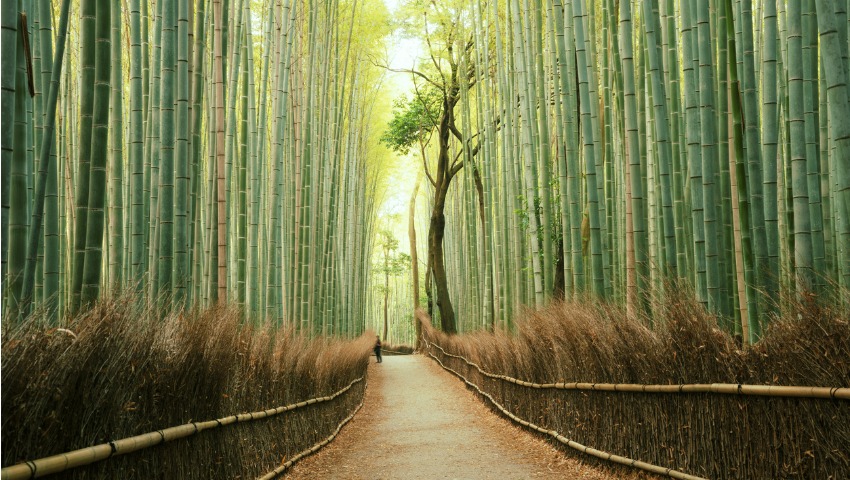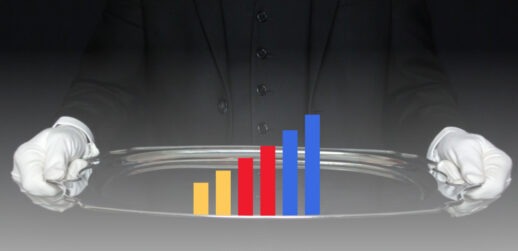I like to tell people I became a writer to get rich. It’s an ironic joke, of course. The real reason I write is that it gives meaning and purpose to my life—and, I hope, contributes to the betterment of my fellow humans in some small way.
Without knowing it, I had found my ikigai.
Ikigai (“ee-kee-guy”) is a Japanese concept said to date as far back as 800 A.D. It eludes direct translation, but “a reason for being” and “the thing that gets you up in the morning” are frequent explications. The concept is deeper and broader than finding your passion because it brings the form of happiness that transcends having money or status—and sits at the intersection of what you love, can get paid for—and what the world needs.
More: Tried Forest Bathing Yet?
I hope being a meeting professional is your ikigai. Why? It’s not only so you find purpose and derive satisfaction in day-to-day work. It’s also healthier. Having ikigai has been linked to lower levels of stress and overall robust health. Ikigai is a planner’s shield against burnout.
Although the concept is ancient, on the Japanese island of Okinawa the concept of ikigai is particularly central to this day. That remote island has attracted the attention of researchers because it has so many centenarians. Dan Buettner, an expert on places where people live longer and more happily—so-called Blue Zones—thinks ikigai is one of the primary drivers of its inhabitants’ longevity.
Peter Fisk, CEO of GeniusWorks and author of Gamechangers, agrees. “Despite the tough and rural environment of the island, and limited access to modern medicine and health care, Okinawans are healthier than our Western society. They don’t have cancer, heart disease, diabetes, and they don’t struggle with mental issues such as dementia or depression. Also, Okinawan women live the longest on Earth,” he says. “One of their secrets is often said to be ikigai.”
How to Find It
To find your ikigai, experts advise asking yourself four questions:
• What do you love?
• What are you good at?
• What does the world need from you?
• What can you get paid for?
“Meeting and event planning” could be the answer for all these. But it is also possible that your true ikigai has nothing to do with work or making a living. A 2010 survey of 2,000 Japanese men and women found that just 31 percent of them cited work as their ikigai. Neil Pasricha, author of The Happiness Equation, suggests taking what he calls The Saturday Morning Test. Ask yourself, “What do I do on that rare Saturday morning when I have nothing to do?”
“Take whatever answer you have and then wildly brainstorm ways you can pursue opportunities that naturally spew from that passion,” Pasricha says.
More: Brain Health Isn’t Just in Your Head
Ikigai can shift with changing conditions. “Nobody is born with a single unifying sense of purpose they strive for forever. Have people at your workplace ever said, ‘I just backed into this job’ or ‘I never wanted to do this when I was young. I didn’t know it existed!’ My point is, having one giant purpose you strive toward forever isn’t the goal,” Pasricha says.
Advancing age can also bring about changes in perspective. “For anyone whose work is their reason for living, this will come as a relief as they approach retirement and begin the search for a new ikigai,” Fisk says.
Melody Wilding, a social worker in the mental health sphere, wrote about her quest to find her ikigai on the blog Better Humans. She notes that figuring it out doesn’t happen magically or overnight—and that it often is not something grand or extraordinary. In other words, “achieving world peace” is great, but “helping attendees grow as individuals and teams to achieve worthwhile goals” is even better because it is more doable.
And it pays better.
Wilding asked family and friends to tell her what they saw as her three best qualities. “Ironically, qualities about myself that I took for granted were precisely what others saw as unique and valuable. Instead of downplaying my knack for empathy, their comments nudged me to look deeper at how I could leverage my sensitivity as a strength and pivot my career to focus on coaching, teaching and writing,” she says.
Even when she began following her new-found ikigai, it took time, and there were hurdles to surmount. “In my case,” she says, “saying ‘yes’ to my ikigai required saying ‘no’ more often. I had to strip away certain commitments in order to fully focus on my priorities. It meant creating rock-solid boundaries to protect my time and allow me to enter a psychological flow state where my ikigai could come to life.”
In short, finding your ikigai is a journey. But like all good journeys, getting there is as worthwhile as the destination.




